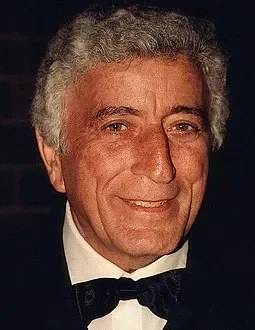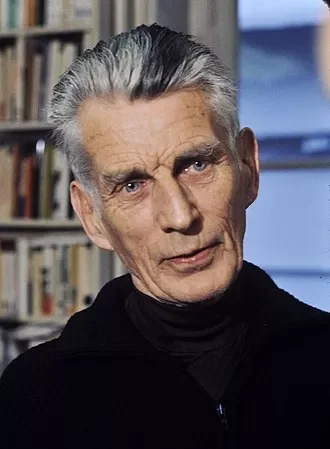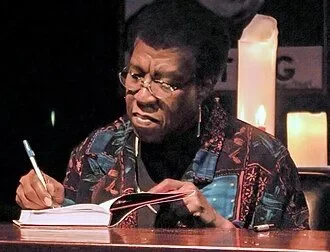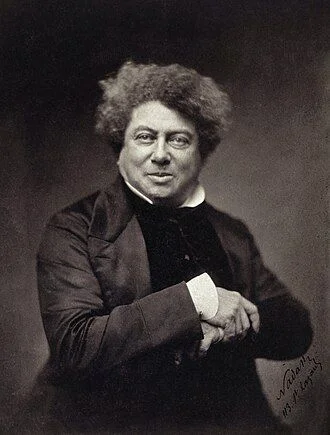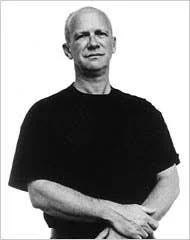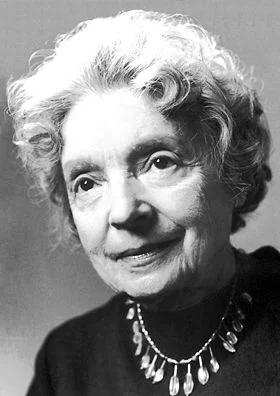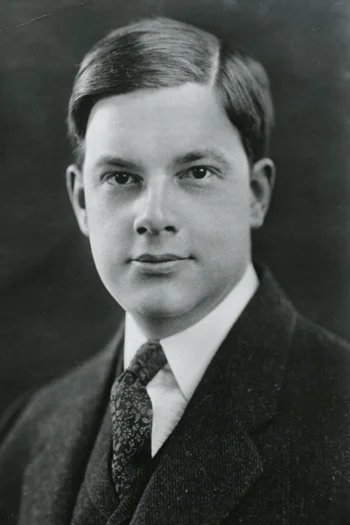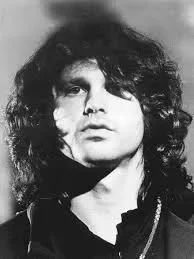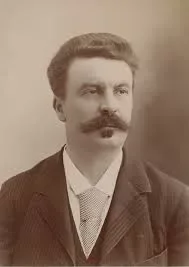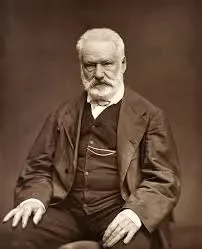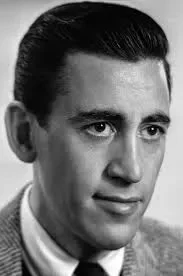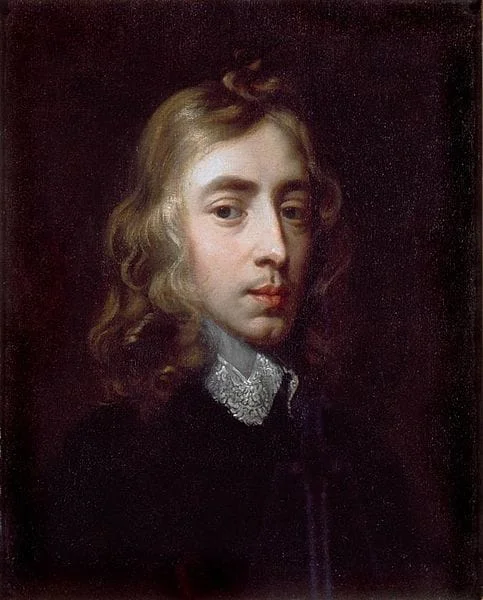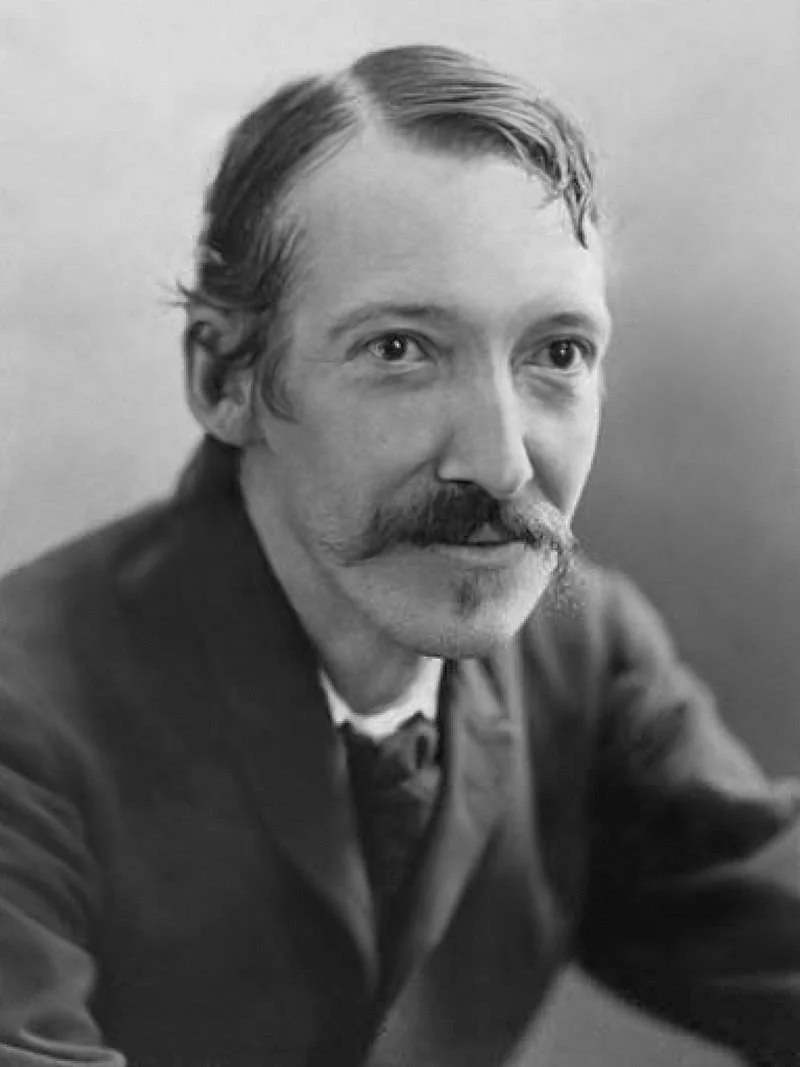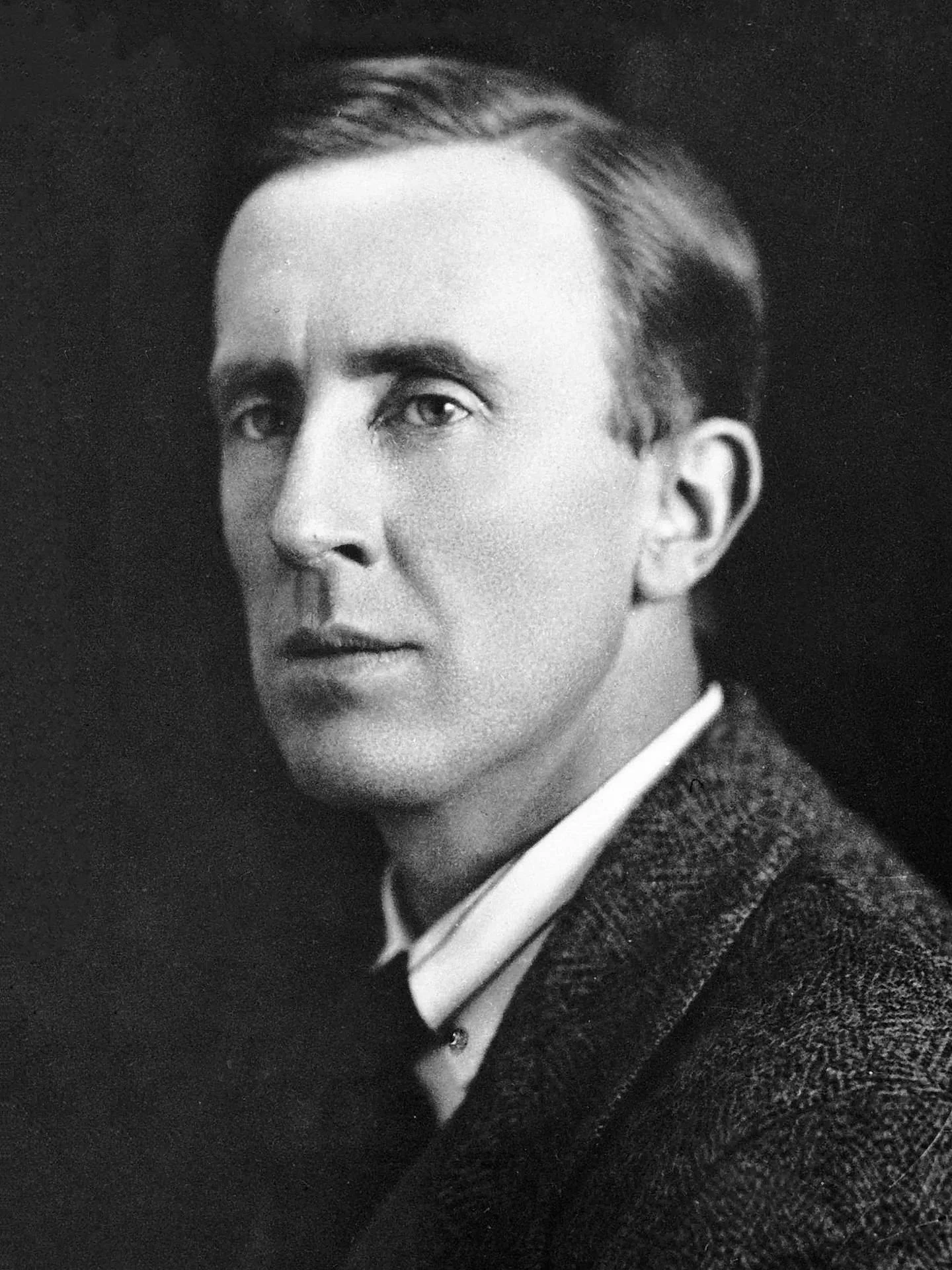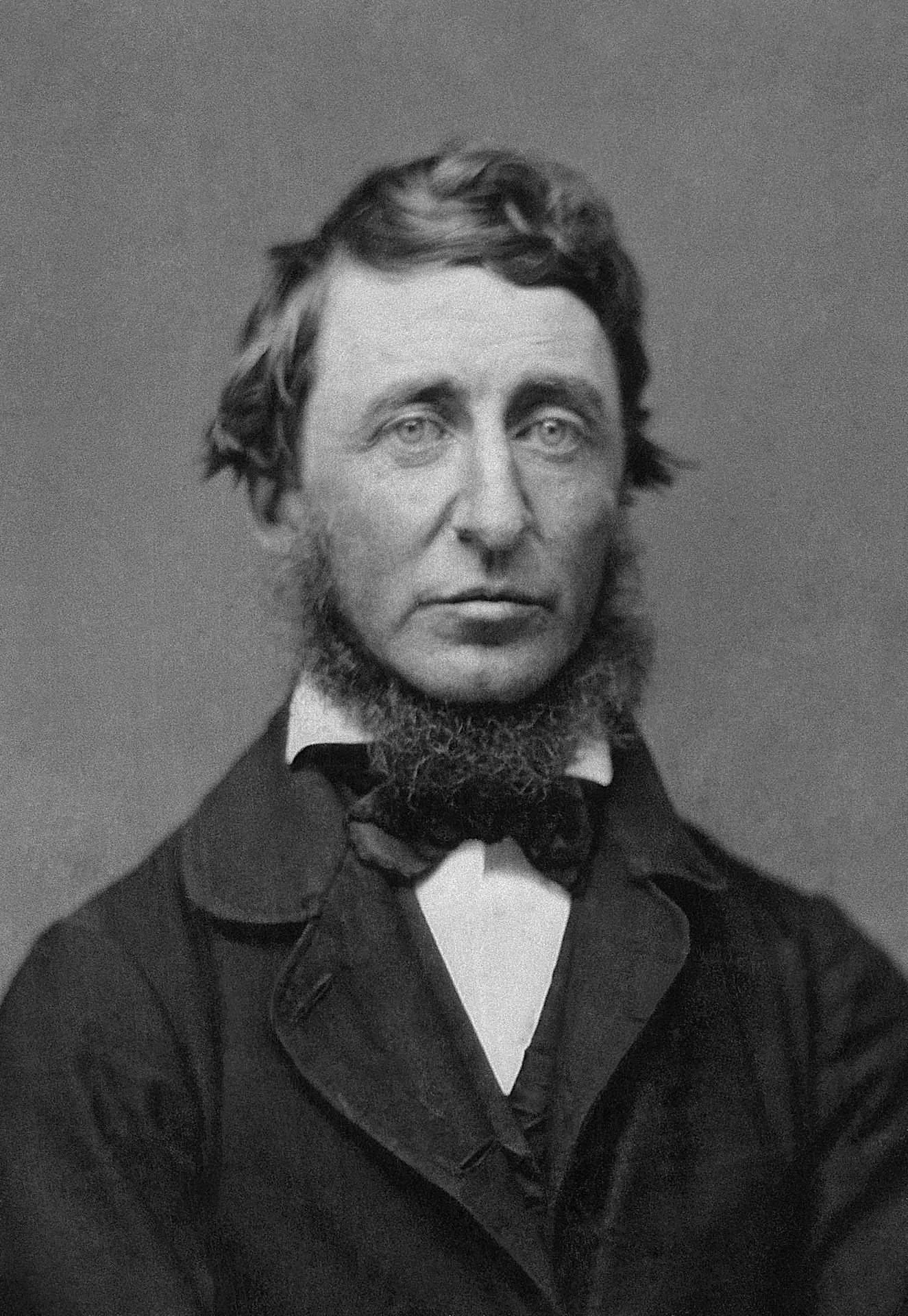Real Celebrities Never Die!
OR
Search For Past Celebrities Whose Birthday You Share
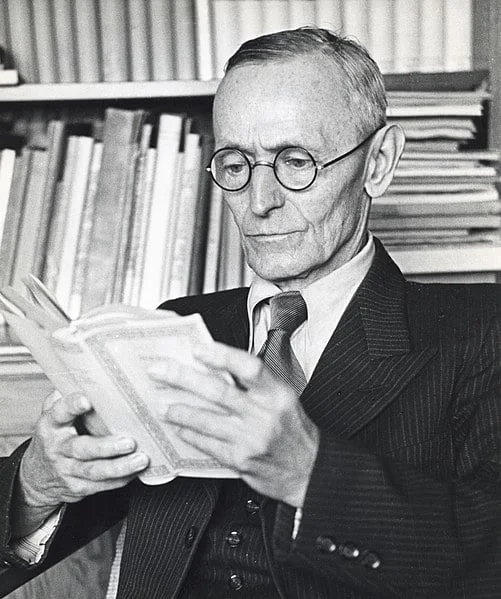
wikipedia.org
Hermann Hesse
Birthday:
02 Jul, 1877
Date of Death:
09 Aug, 1962
Cause of death:
Heart attack
Nationality:
German, Swiss
Famous As:
Novelist
Age at the time of death:
85
Hermann Hesse's Quote's
Early Life and Intellectual Struggles
Hermann Hesse was a famous German-Swiss author known for his novels on self-discovery and spirituality. Hesse, born on July 2, 1877, in Calw, Germany, made a lasting impact on literature.
Hesse experienced both intellectual curiosity and emotional struggles during his childhood and early years. He grew up in a strict Pietist household with a missionary father. Due to his rebellious nature and frequent clashes with authority, Hesse was expelled from multiple schools. However, his love for literature and writing flourished during this time.
Education and Early Writing Career
In 1895, when he was just 18 years old, Hermann Hesse journeyed to Tübingen, Germany, to attend the Maulbronn Seminary. In that place, he focused on theology and philosophy until he discovered his true calling in writing. He published his early works in literary magazines, exploring themes like the human condition and spiritual enlightenment.
Breakthrough with “Peter Camenzind”
Hesse’s breakthrough novel “Peter Camenzind” was published in 1901. This semi-autobiographical novel follows Peter Camenzind’s journey of self-discovery. The novel’s success established Hesse as a promising writer.
Self-Reflection and Travels to India
In the early 1900s, Hermann Hesse went through a period of deep self-reflection and personal turmoil. His extensive travels took him to Italy and India, where he sought solitude and inspiration. These experiences greatly influenced his later works, exploring Eastern spirituality and mysticism.
Success with “Demian” and “Siddhartha”
Hermann Hesse published “Gertrud” in 1910, a novel that explored love and relationships. His 1919 novel, “Demian,” established him as a prominent figure in German literature. “Demian” explores human duality, the struggle between good and evil, and the quest for self-actualization. The novel connected with the post-war generation, capturing their yearning for individuality and authenticity.
In 1922, Hesse released his highly acclaimed work, “Siddhartha.” Set in ancient India, the novel tells the story of a young man named Siddhartha who embarks on a spiritual journey to find enlightenment. Hesse investigates the value of self-discovery, the pursuit of knowledge, and the harmony between earthly joys and spiritual fulfillment through Siddhartha’s encounters. The success of “Siddhartha” made Hesse a literary sensation and earned him international recognition.
Major Works: “Steppenwolf” and “Narcissus and Goldmund”
Hesse continued to create significant works, such as “Steppenwolf” (1927) and “Narcissus and Goldmund” (1930), during the 1920s and 1930s. “Steppenwolf” dives into the human psyche, examining themes of alienation, identity, and the battle between the sensual and the intellectual. “Narcissus and Goldmund” examines the difference between the monk’s contemplative life and the artist’s adventurous life.
Masterpiece: “The Glass Bead Game”
In 1943, Hesse published his masterpiece, “The Glass Bead Game” (also called “Magister Ludi”). This novel explores a future utopia where an intellectual game symbolizes the unity of knowledge. Hesse explores the connection between art, science, and spirituality through the protagonist, Joseph Knecht.
Nobel Prize and Later Life
The Nobel Prize in Literature was awarded to Hesse in 1946 for his significant impact on contemporary literature and exploration of existential themes. Hesse lived a secluded life in Switzerland until his death on August 9, 1962, despite the accolade.
Legacy and Influence
Hermann Hesse’s literary heritage persists even now. His works resonate worldwide, inspiring introspection and self-reflection. His writings demonstrate how literature can illuminate life’s complexities and guide personal quests for meaning.
Name:
Hermann Hesse
Popular Name:
Hermann Hesse
Gender:
Male
Cause of Death:
Heart attack
Spouse:
Place of Birth:
Calw, Germany
Place of Death:
Montagnola, Ticino, Switzerland
Occupation / Profession:
Personality Type
Advocate: Quiet and mystical, yet very inspiring and tireless idealists. His works and life reflect his idealism and mysticism
As a young man, Hesse ran away from his education at a seminary and went through a period of crisis and rebellion before working in bookstores and eventually becoming a full-time writer.
Despite being born in Germany, Hesse became a Swiss citizen in 1923 and spent much of his later life in Switzerland, where he also pursued painting as a hobby alongside his writing career.
Hesse's experiences with psychoanalysis and interest in Eastern philosophy greatly influenced his writing, particularly in works like "Siddhartha" and "Steppenwolf" which explore themes of self-discovery and spirituality.
Hesse won the Nobel Prize in Literature in 1946 for his inspired writings, despite being criticized by some German contemporaries who thought his work was childish or too focused on adolescent experiences.
1906: Bauernfeld-Preis
1928: Mejstrik-Preis of the Schiller Foundation in Vienna
1936: Gottfried-Keller-Preis
1946: Goethe Prize
1946: Nobel Prize in Literature
1947: Honorary Doctorate from the University of Bern
1950: Wilhelm Raabe Literature Prize
1954: Pour le Mérite
1955: Peace Prize of the German Book Trade

